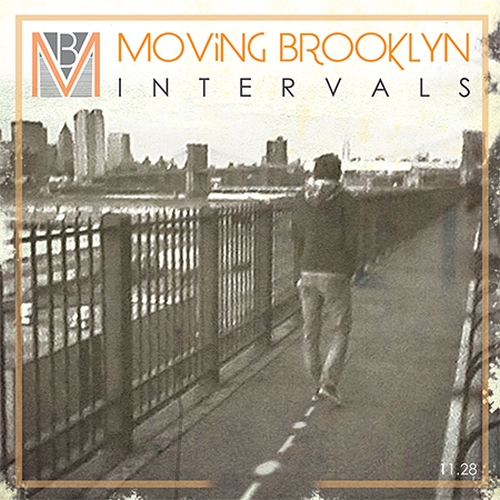 Sumie – Sumie
Sumie – Sumie





They say a picture’s worth a thousand words, but that’s true of music, as well. Case in point: Swedish singer-songwriter Sumie’s beautiful, self-titled debut album.
Her soft, acoustic guitar-led folk songs are simple, yet elegant. One strum of her guitar, one croon of her silky voice, captures the imagination just as effectively as a thousand words.
Each song is sung so beautifully and passionately that it will melt listeners’ hearts, and there’s an intriguing air of mystery that makes Sumie’s music more enjoyable.
Her voice is seductive, her songs like lullabies. Her music is warm and fuzzy; it seems like she’s serenading each listener, sitting casually on the floor while looking straight into their eyes.
Sumie’s lyrics are cryptic, yet full of imagination. For example, you want to believe “Midnight Glories” is a love song, but Sumie’s lyrics are so abstract that it doesn’t exactly fit into that peg. But though the message is hazy, her heavy figurative language paints a vivid image as she sings, “Midnight glories of walking stories that rust in daylight to drown/Midnight glories of walking stories that burns in star lights… to shine.” Sumie’s lyricism forces listeners to let their imaginations run wild.
If Sumie’s lyrics keep her listeners guessing, so does her tone in each song.
Unfortunately, this is the low point in the album. Sumie’s vocals remain static and devoid of any emotion. The album’s most popular song, “Show Talked Windows” has a haunting vibe to it; the music sounds eerie and creepy.
The song is carried by Sumie’s pretty voice, but her soft, soothing vocals don’t carry much weight. It would be interesting, and more dynamic, if she sung more forcefully from time to time.
Fortunately, it’s not a major flaw on this album. Rather, it’s a minor nuisance. Overall, Sumie is a well-crafted and captivating release that lacks any pretension. It’s slow, and it definitely takes patience to let the full weight of the album sink in. But with a little time, this gifted singer-songwriter will seduce listeners with her simple, sweet, and delightful sound.
Sumie – Sumie tracklist:
- “Spells You”
- “Never Wanted To Be”
- “Let You Go”
- “Hunting Sky”
- “Show Talked Windows”
- “Burden of Ease”
- “Speed Into”
- “Midnight Glories”
- “Later Flights”
- “Sailor Friends”










